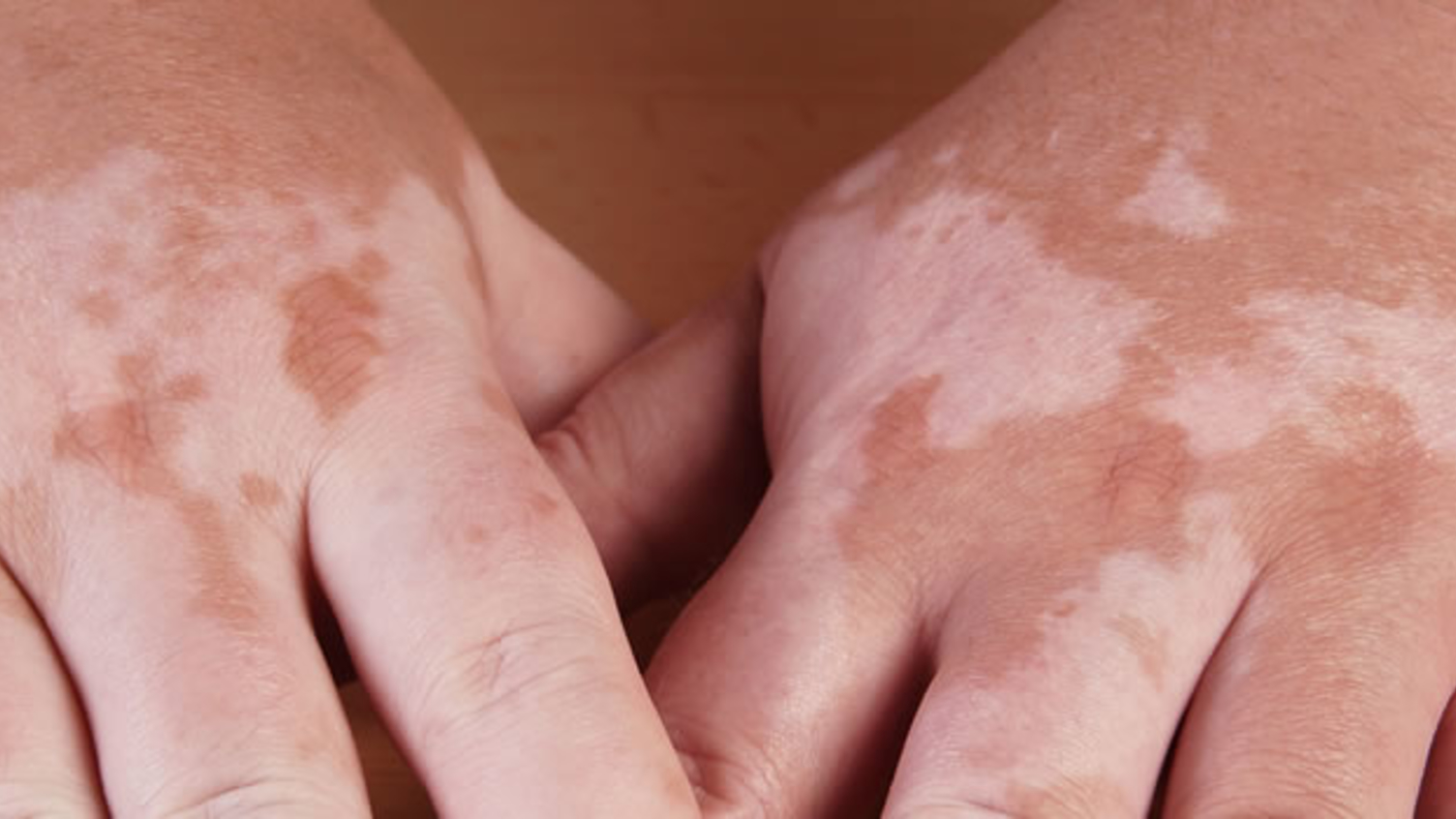Vitiligo

About this PSP
This PSP was supported through a programme grant funded by the National Institute for Health Research. The project was called Setting Priorities and Reducing Uncertainties for People with Skin Disease (SPRUSD). It was co-ordinated by the Centre of Evidence Based Dermatology in Nottingham.
As part of the project, the Vitiligo Society and its members identified and prioritised areas of uncertainty about treating this common skin disorder.
The Vitiligo PSP Top 10 was published in March 2010.
Further information
Impact of Top 10s
Top 10 priorities
- How effective are systemic immunosuppressants in treating vitiligo?
- How much do psychological interventions help people with vitiligo?
- Which treatment is more effective for vitiligo: light therapy or calcineurin inhibitors
(e.g. tacrolimus, pimecrolimus)? - How effective is UVB light therapy when combined with creams or ointments in
treating vitiligo? - What role might gene therapy play in the treatment of vitiligo?
- How effective are hormones or hormone related substances that stimulate pigment
cells (MSH analogues, afamelanotide) in treating vitiligo? - Which treatment is more effective for vitiligo: calcineurin inhibitors or steroid creams/ointments?
- Which treatment is more effective for vitiligo: steroid creams/ointments or light therapy?
- How effective is the addition of psychological interventions to patients using cosmetic
camouflage for improving their quality of life? - How effective is pseudocatalase cream (combined with brief exposure to UVB light) in
treating vitiligo?
Ones to watch
In addition, two treatment uncertainties were suggested as “ones to watch”, as these interventions were still in an early investigative stage:
- How effective is piperine (black pepper) cream in treating vitiligo?
- What role might stem cell therapy play in treating vitiligo?
More uncertainties identified for Vitiligo can be accessed in the data spreadsheet in the key documents section.